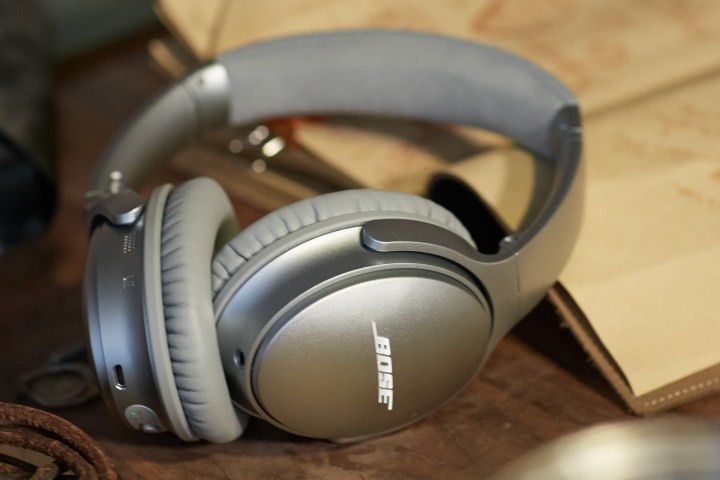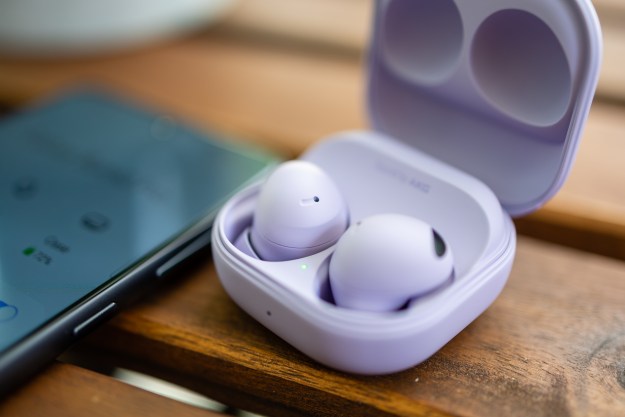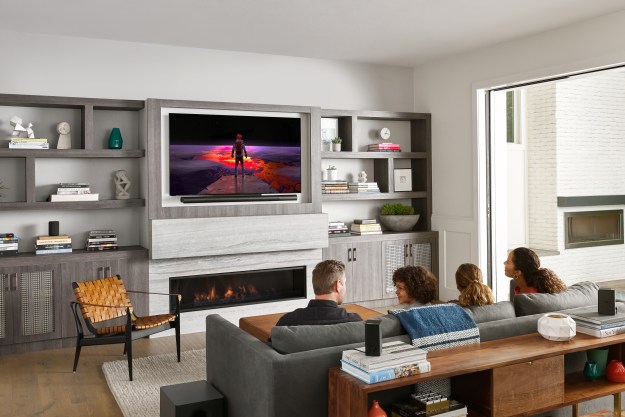
“People should be uncomfortable with it,” lawyer Christopher Dore, who is representing Zak in the case, said in an interview with Reuters. “People put headphones on their head because they think it’s private, but they can be giving out information they don’t want to share.”
After buying the QC35 headphones — which retail for $350 — Zak installed the Bose Connect app, which the company says enhances the listening experience. While the
Many products from a wide variety of companies collect similar information these days, often to better personalize advertising. The problem with listening habits is that this can unknowingly reveal sensitive information — what podcast a person listens to could reveal their political leanings, for example. The complaint uses the example that someone listening to Muslim prayers would “very likely” be a Muslim.
The complaint alleges that Bose is creating detailed profiles of its listeners and their habits, and selling all of this information to third parties. One of these parties is the San Francisco-based Segment.io, whose website offers to “collect all of your customer data and send it anywhere.”
For its part, Bose has remained silent on the lawsuit. For those curious for more information, the complaint is available in its entirety online.
Editors' Recommendations
- Should you buy Bose QC35 II headphones on Black Friday 2021?
- Bose Noise Cancelling 700 vs. QC35 II: Are Bose’s newest headphones worth it?


